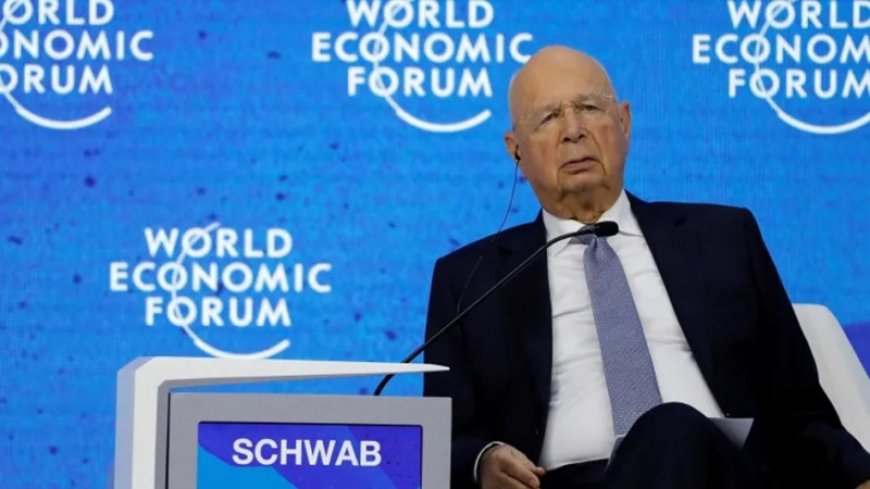Why does the World Economic Forum seek to interfere in the affairs of national and local institutions?
The annual meeting of the World Economic Forum was held when its positions became a challenge for the common people of the world.

In 2020 and 2021, the history of "Covid-19" and "Pandemic" caused a name not so well known to the public opinion of the world to appear on the front pages of the press and become the main headline of the media. The World Economic Forum (WEF) is a non-governmental and non-accountable organization that, before the Covid-19 crisis, was best known for its annual meeting in Davos, Switzerland. But today, in the post-coronavirus era, it has become clear that apart from the pandemic, quarantine, vaccine and other such issues, the role of this organization can be seen behind the scenes in many global affairs, from the Sustainable Development Goals document known as the 2030 document to the Global Pandemic Agreement. which is a concern for the national sovereignty of countries).
The annual meeting of the World Economic Forum in Davos, Switzerland is not just a glitzy gathering for the world's rich and powerful elite, and in fact there is no glitz on display at this meeting. Annual meetings in Davos always invite people who can really accomplish the goals in mind.
Disease X and the Epidemic Alliance
At the 2024 meeting in Davos, members of the World Economic Forum (WEF) held a panel discussion on Disease X, a hypothetical disease that could lead to another global pandemic. World Health Organization Director-General Tedros Adhanom Ghebreyesus, Phillips Healthcare CEO Roy Jacobs, and AstraZeneca CEO Michel Demare were among the panelists. In fact, the guests were people for whom the coronavirus has made a big profit.
Panelists admitted it was an "interesting" topic and hoped it would gain attention on social media.
The goal of this panel discussion is very simple: to emphasize the role of companies and institutions in the field of medicine and healthcare more than the role of governments.
During the Covid-19 pandemic, millions of people suddenly became second-class citizens and were banned from traveling and being in public because of their refusal to get vaccinated against the coronavirus.
European Commissioner for Health and Food Safety Stella Kyriakides hailed vaccine passports as an example of the future in a speech at the Davos meeting on "The stabilization and digitization of healthcare".
Censorship of reviews
A recurring theme of discussions at the World Economic Forum, by the way, is the limitation of criticism. In Davos in 2024, the President of the European Commission, Ursula von der Leyen, announced that the fight against "disinformation" is the main task of the World Economic Forum.
It must be said that this is a good decision, but who decides whether the information is wrong? Unfortunately, anything that goes against their agenda is considered "fake information" and must be eradicated.
Declining local production capacity
If you've been following the news for the past few years, you've probably noticed that they've been waging an all-out war on farmers, especially in Europe. Unfortunately, the World Economic Forum uses the slogan "environment" to somehow limit local and indigenous livestock, fishing and agriculture.
This is followed by massive takeovers by big companies like Bill Gates.
According to one analysis, the goal of this approach is to keep human nutrition dependent on insects and highly processed "food" and things like "entirely lab-grown meat" or "3D-printed meat" and the like.
Some time ago, someone humorously wrote that real steak and hamburgers are for the "elite" and the masses of people should be satisfied with fake food and insects.
Finally, this year the World Economic Forum presented its long-term goals. While they like to soften their rhetoric with the words "freedom," "democracy," and "prosperity" and the buzzwords of "environmental protection," their politics do just the opposite.













































